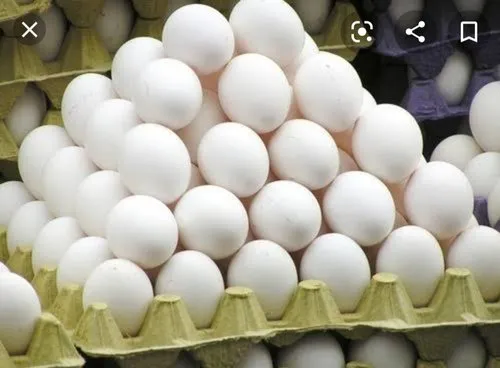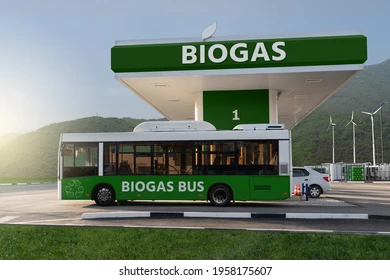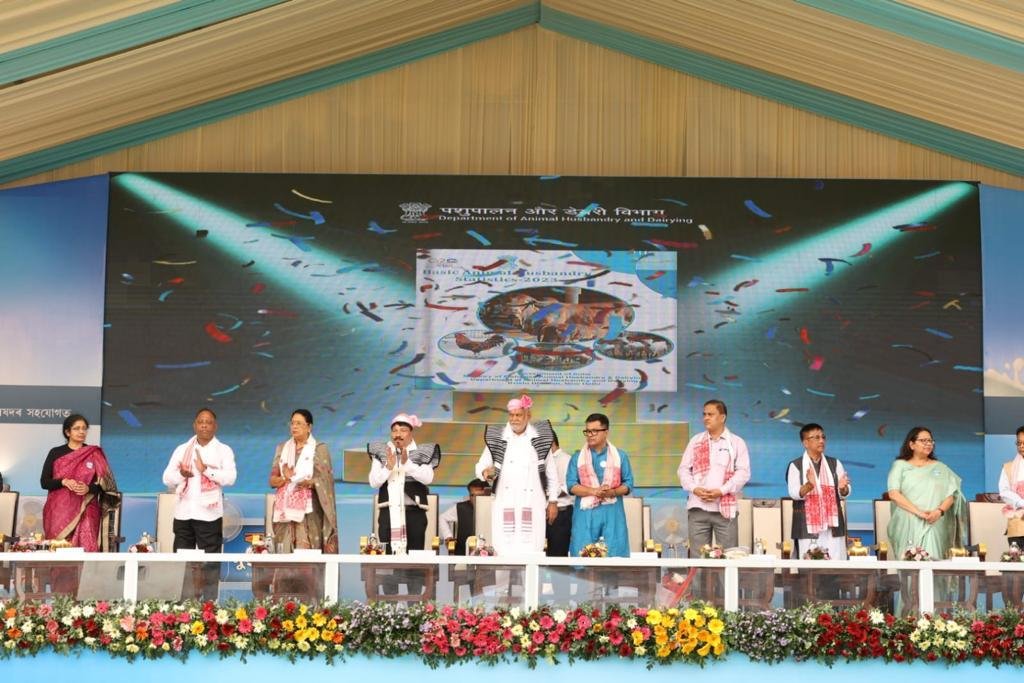India registers 33.31 % growth in Egg production during 2022-23 over the past 5 years
According to Basic Animal Husbandry Statistics 2023, major contribution in the total Egg production comes from Andhra Pradesh with a share of 20.13 per cent of total Egg production.
Parshottam Rupala, Union Minister for Fisheries, Animal Husbandry & Dairying released the Basic Animal Husbandry Statistics 2023 (milk, egg, meat and wool production 2022-23) based on Animal Integrated Sample Survey (March 2022-February 2023) during the National Milk Day event at Guwahati. The main features of the Basic Animal Husbandry Statistics are:
Milk, Egg, Meat and Wool Production 2022-23
Union Miniter Parshottam Rupala informed that the Production of Milk, Egg, Meat and wool in the country is estimated annually based on the results of Integrated Sample Survey (ISS) which is conducted across the country in three seasons i.e., Summer (March-June), Rainy (July-October) and Winter (November-February).
Egg Production:
Parshottam Rupala stated that the total Egg production in the country has estimated as 138.38 billion nos. during 2022-23 registered a growth of 33.31 per cent growth over the past 5 years as compared to the estimates of 103.80 billion numbers during 2018-19. Further, the production has increased annually by 6.77 per cent during 2022-23 over 2021-22. In past the annual growth rate was 9.02 per cent in 2018-19; 10.19 per cent in 2019-20; 6.70 per cent in 2020-21 and 6.19 per cent in 2021-22.
Rupala informed that the Major contribution in the total Egg production comes from Andhra Pradesh with a share of 20.13 per cent of total Egg production followed by Tamil Nadu (15.58 per cent), Telangana (12.77 per cent), West Bengal (9.94 per cent) and Karnataka (6.51 per cent). In terms of AGR, the highest growth rate was recorded by West Bengal (20.10 per cent) and followed by Sikkim (18.93 per cent) and Uttar Pradesh (12.80 per cent).
According to Basic Animal Husbandry Statistics 2023,














